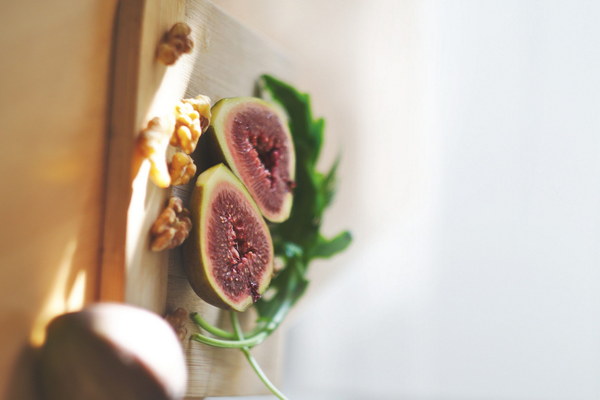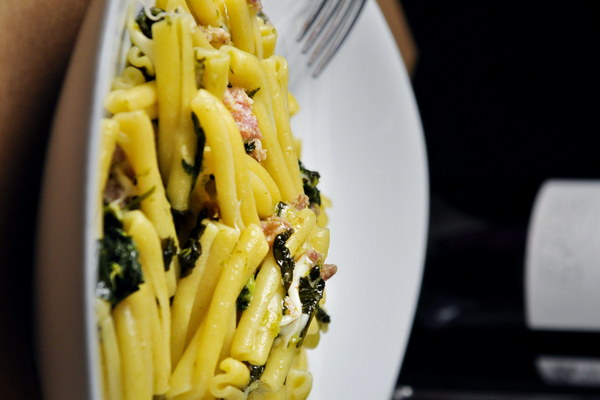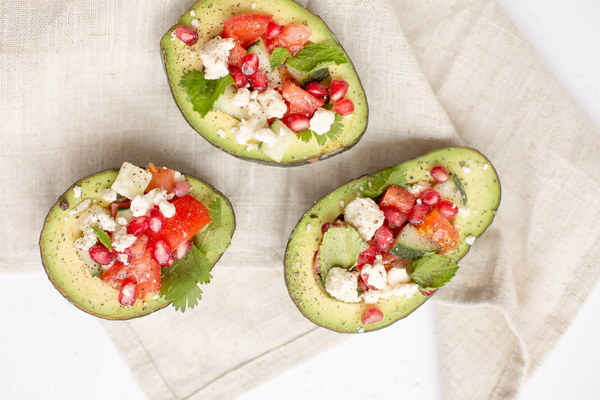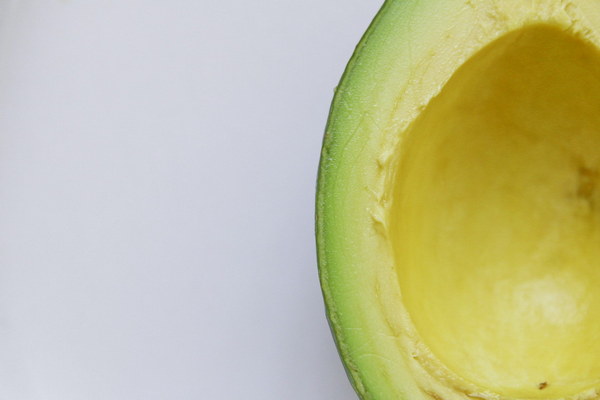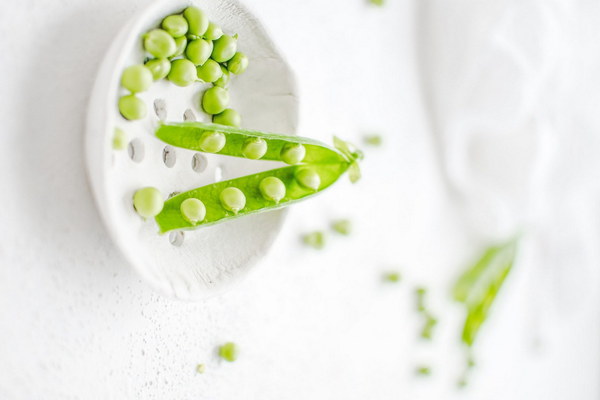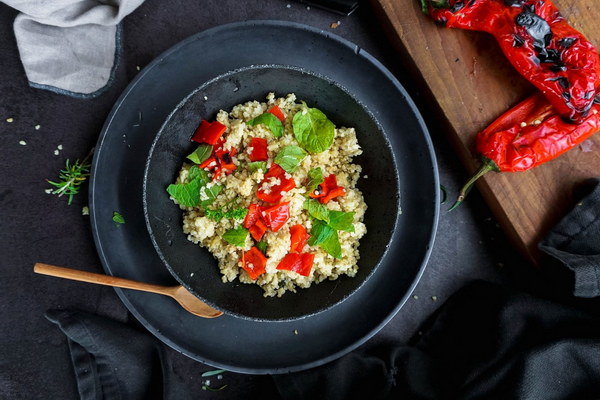Crispy Kale The Anti-Aging Powerhouse in Your Diet
Introduction:
In the quest for a youthful appearance and longevity, the food we consume plays a crucial role. One such wonder food that has been gaining popularity for its anti-aging properties is none other than kale. Yes, you heard it right! The leafy green vegetable, commonly found in salads and smoothies, has been hailed as a superfood that can help combat the signs of aging. In this article, we will explore the benefits of kale in fighting against aging and how it can be incorporated into your daily diet.
1. Nutritional Value of Kale:
Kale is packed with essential nutrients that make it a powerhouse for overall health. It is rich in vitamins A, C, and K, as well as iron, calcium, and antioxidants. These nutrients play a vital role in protecting the body against oxidative stress, which is a primary cause of aging and age-related diseases.
2. Antioxidants:
One of the key reasons kale is considered an anti-aging food is its high content of antioxidants. These compounds help neutralize free radicals, which are unstable molecules that can damage cells and accelerate the aging process. Kale's antioxidants, such as quercetin and kaempferol, have been found to protect the skin from UV radiation and reduce inflammation, thereby slowing down the aging process.
3. Anti-Inflammatory Properties:
Inflammation is another major factor contributing to aging. Kale's anti-inflammatory properties can help reduce chronic inflammation in the body, which is associated with numerous age-related diseases, including heart disease, diabetes, and Alzheimer's. By incorporating kale into your diet, you can support a healthy inflammatory response and promote longevity.
4. Skin Health:
The vitamins and antioxidants present in kale contribute to healthy skin by protecting it from environmental damage and promoting collagen production. Collagen is a protein that provides structure to the skin, keeping it firm and youthful-looking. Regular consumption of kale can help maintain elasticity, reduce wrinkles, and improve overall skin texture.
5. Brain Health:
Kale is also beneficial for brain health, particularly as we age. It is rich in omega-3 fatty acids, which are essential for brain function and cognitive development. Additionally, kale's high vitamin K content has been linked to improved memory and cognitive abilities. By incorporating kale into your diet, you can support brain health and reduce the risk of cognitive decline.
6. Incorporating Kale into Your Diet:
Now that we understand the anti-aging benefits of kale, let's explore how to incorporate it into your daily diet. Here are a few ideas:
- Add kale to your morning smoothie for a nutrient-rich boost.
- Sauté kale with garlic and olive oil for a delicious side dish.
- Roast kale with a sprinkle of salt, pepper, and a drizzle of lemon juice for a crunchy snack.
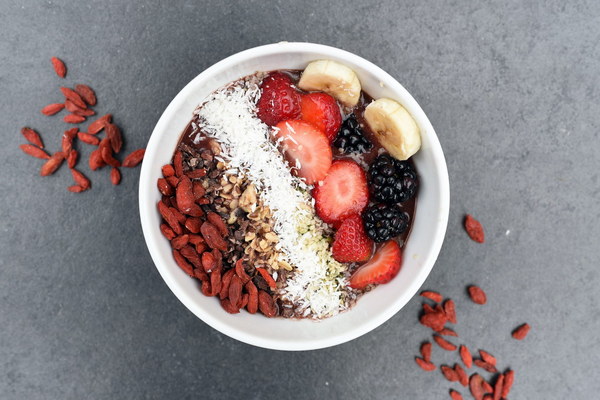
- Mix kale into your salad for a nutritious twist.
Conclusion:
Kale is a versatile, nutrient-dense vegetable that offers numerous anti-aging benefits. By incorporating kale into your diet, you can protect your body against oxidative stress, reduce inflammation, promote healthy skin, support brain function, and improve overall longevity. So, next time you're at the grocery store, don't forget to grab a bunch of kale and make it a staple in your anti-aging diet.
